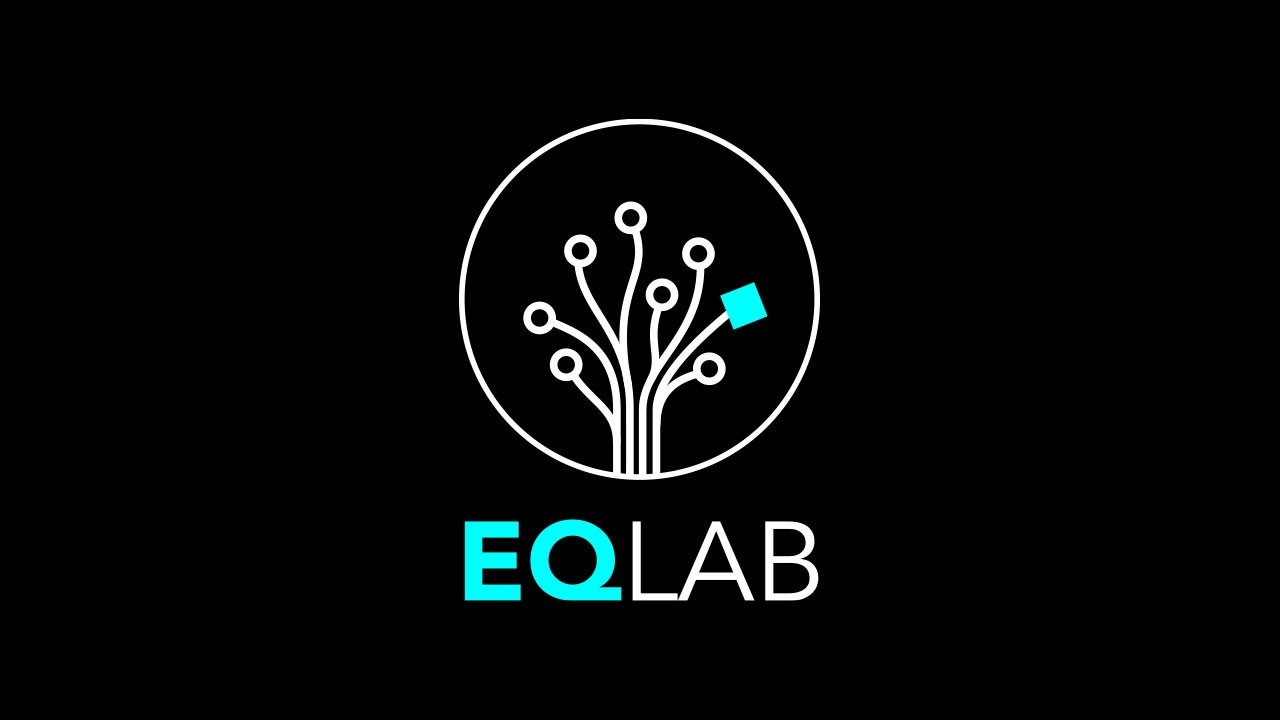The future of leadership in Hong Kong.
For years, Hong Kong has been an international financial hub and The Jewel of Asia, attracting some of the brightest and best talent in the world. Many Hong Kong organisations have taken great care in selecting the best talents from international universities, whether Hong Kong students studying abroad or people of other nationalities, and given them opportunities to build great careers and futures in East Asia.
Recent developments and events have resulted in that international pipeline slowing down to a trickle, possibly being broken beyond repair.
Hong Kong businesses are going to need to turn more and more to local students to fill roles traditionally held open for international talent. This presents a complex challenge. Although it largely remains unspoken, many corporations do not believe that the Hong Kong educational system is producing students capable of contributing to agile practices or organisational adaptability, being innovative, creative and flexible, or able to deal with the complex problems associated with digital transformation and knowledge work. They fear that Hong Kong educated students are happy to passively work as instructed but resistant or unable to work out how to do novel things for themselves. Historically, this belief has resulted in local students being passed over in hiring, for quality internship opportunities, and for promotion in favour of those with international experience.
While this may be rooted in reality, it is going to cause a significant problem in the Hong Kong employment market if it loses its attractiveness to international talent, and opportunities to study abroad dry up, which is a clear and present danger. Employers are going to have to turn to local talent, identify high potentials and rapidly transform them into future-ready knowledge workers. While other resource-light knowledge economies, such as Singapore, are already engaged with and acting on the challenge of creating future-equipped local talent, Hong Kong is lagging behind. People talk about the problem but seem unwilling or unable to act on it.
Let's turn this tricky dilemma into an opportunity for local students and give them a chance to show us what they are capable of and how brightly they can shine. Let's see how passionate and creative they are when given opportunities to be so. Let's find and unleash the hidden talent of Hong Kong.
EQ Lab and HKFBS (Hong Kong Federation of Business Students) have come together to host a special event. This event will give Hong Kong students the chance to showcase their future-readiness to employers and recruiters while being exposed to cutting-edge ideas and insights about adaptive leadership and agile work. They will be able to illustrate their ability to interact with people of different backgrounds and personalities, to adapt their thinking from a transactional to transformational mindset, and build and display their understanding of what it means to be a future-ready worker.
Why you should attend:
- Business leaders who join the sessions will have the opportunity to mentor and advise this young talent, and perhaps even hand-pick a few for opportunities in their company.
- Recruiters will get access to a cohort of hidden talent that has illustrated its readiness for the future of work.
- All involved will start contributing to building a self-sustaining Hong Kong that is confident in its ability to remain a leading financial hub and APAC's centre of high-quality knowledge work.
For who is this?
Students, recruiters, entrepreneurs, business leaders, HR, educators and for everyone who wants to be part of the future of leadership.

Cutting-edge ideas and insights about adaptive leadership.
Date: 1st Sep 2021
Time: 4pm-6pm HKT
Speaker: Dr. Richard Claydon
Do you want to become a leader? Do you know how to become one? Do you know how?
Are you looking for the next generation of leaders? Are you trying to develop them? Do you know how?
If you aren’t sure of the answer to these questions, worry not, for you are not alone.
- A 2015 Deloitte study revealed that $40 billion of the annual global spend was squandered, despite 86% of organisations identifying leadership as business critical.
- A 2015 Gallup study, which surveyed 7272 US adults, revealed that 50% had left a job because of poor management or leadership issues.
- A 2015 Grovo study estimated that $13.5 million was lost each year per 1000 employees as a result of ineffective L&D interventions.
- A 2016 Harvard Business State of Leadership report revealed that only 7% of surveyed companies considered their leadership programmes to be best in class.
Why might this be the case? Largely, because leadership is so complex. Here are some figures.
- In Constructing Leadership 4.0, Richard Kelly identifies 38 major publications that contribute to the comprehension of leadership as a discipline
- The HR Trends Institute identifies nearly 100 Leadership Models
- In his online blog updating their findings, Sergio Caredda has now identified 120 Leadership Models (and growing)
Alongside that comes the troubling figure that the average age at which somebody gets exposed to a formalised leadership development program is 42.
To help students navigate this minefield, and organizations discover which people might have the capacity to lead, we will simplify this complexity into three key discussion areas:
- Leadership Potential - clues that you might be a potential leader (30% of high-potential leaders never get identified by formal evaluation systems)
- Leadership Traits - understanding the drivers and derailers of high-performance leaders (the majority of trait-based evaluations ignore the derailing traits, leaving you with no idea what you need to work on)
- Leadership Styles - recognising the various styles that can and should be employed across various situations (the three classic styles, and the emerging style required for the future of leadership)
After participating in this session, you will be able to self-analyse your own leadership potential, recognise it in others, and be able to start developing yourself or others to become future-ready, adaptive leaders.

Cutting-edge ideas and insights about agile work.
Date: 8th Sep 2021
Time: 4pm-6pm HKT
Speaker: John Dobbin
Agile Work and The Agile Methodology are becoming extremely trendy terms in organisational consciousness. Many leaders around the world are investing time and energy into trying to make their company agile.
But what does it mean?
In recent speaking, advisory and consulting work in East Asia, it has become apparent that while Agile is a trendy term to be thrown around, very few people have much deep knowledge about it. In our experience, even making the foundational agile values and principles explicit is new to most people. The gap between the implementation of Agile and the likely success of Agile in the region is considerable.
Furthermore, in discussions with Hong Kong business students, it became clear that they weren’t being prepared for agile work by the universities in the slightest. Very few even knew what it was. With education in the region, from junior school through to university graduation, being distinctly non-agile, there is a massive talent gap to cross if organisations are going to transform into the agile shapes necessary for the digitally transformed world.
Even more worrying is the degree to which people designing agile workplaces were unaware of Agile practices. This has resulted in a significant gap between how Agile work is supposed to be done, and what happens in reality.
In this workshop, we will introduce and discuss some core agile concepts.
- Agile Values and Principles - what and how Agile facilitates dynamic and diverse sense-making in teams, how it improves productivity and customer responsiveness, and why it causes tension between successful Agile teams and management
- Psychological Safety - exploring what psychological safety is, why it has become trendy in the Agile world, and why is it so often mis-implemented in organisations
- Agile Work and Agile Workplace - exploring why and how agile workplace designs have failed to support Agile work, how working from home during COVID has revealed some of the problems in this space, and what future solutions might look like
After participating in this session, you will have a solid understanding of the core Agile values and principles, appreciate the role of psychological safety in agile teams, and be able to strategise how to approach Agile work with success in a COVID-impacted world.
Register for free.
Complete the fields and select your sessions

Host & Organiser
EQ Lab is changing the way people learn and lead. Cognitive Gym with Dialogic Courses are developed by international practitioners to elevate how we think. People from over 43 countries have participated in our highly engaging dialogues. DILS is a fun and pioneering learning method to think smarter, faster.
Co-host
Hong Kong Federation of Business Students, HKFBS, is a non-profit organisation managed by local business undergraduates, with more than 20,000 members from the 10 local universities. We are the only organisation that includes the widest spectrum of local students from the business field.

